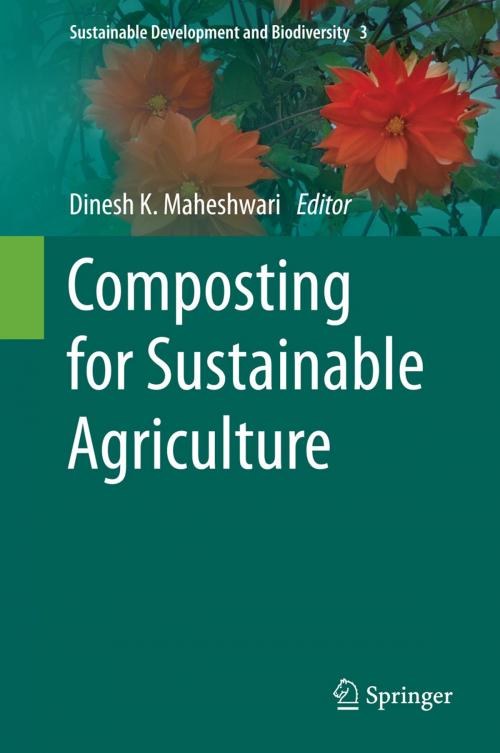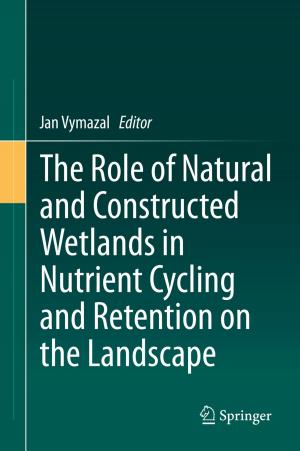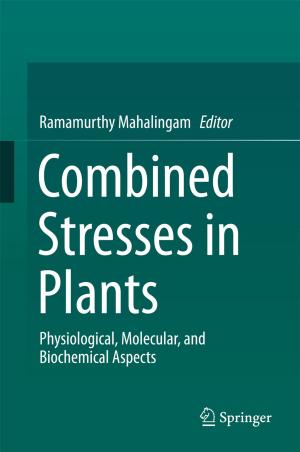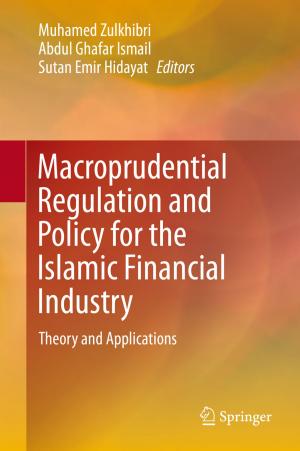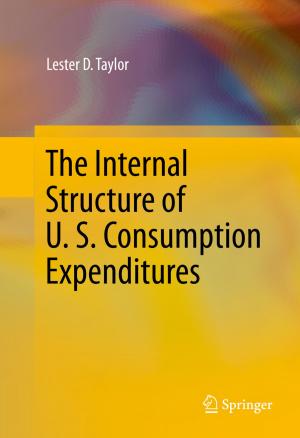Composting for Sustainable Agriculture
Nonfiction, Science & Nature, Science, Biological Sciences, Microbiology, Technology, Agriculture & Animal Husbandry| Author: | ISBN: | 9783319080048 | |
| Publisher: | Springer International Publishing | Publication: | October 21, 2014 |
| Imprint: | Springer | Language: | English |
| Author: | |
| ISBN: | 9783319080048 |
| Publisher: | Springer International Publishing |
| Publication: | October 21, 2014 |
| Imprint: | Springer |
| Language: | English |
The dramatic worldwide increase in agricultural and industrial productivity has created severe environmental problems. Soil and groundwater reservoirs have been polluted with pesticides, xenobiotics and agro-chemicals. The global consensus to reduce inputs of chemical pesticides and agrochemical fertilizers, which are perceived at being hazardous by some consumers, has provided opportunities for the development of novel, benign sustainable crop management strategies.
The future of agricultural depends upon our ability to enhance the productivity without damage to their long-term production potential. One of the strategies is the application of effective microbial products beneficial for both farmers and ecosystems. This kind of approach can ensure both ecological and economic sustainability. Soil microbial populations are immersed in framework of interactions, which are known to affect plant fitness and soil quality.
For betterment of life of human being, improved quality and variety of products are formed due to versatile action of different group of microorganisms, Microbes are able to degrade solid waste material into compost which is a mixture of decayed organic matter, manure etc. Incomplete microbial degradation of organic waste where the microbial process varies aerobic to anaerobic form is stated as compost, if added to soil improves plant growth and development. The biological activities and microbial metabolism in the soil contribute to alter its mixture and fertility. Incorporation of organic remain in the form of compost is known to influence favourably the physio-chemical and biological properties of soil. The beneficial activities bestowed upon plants by compost utilization are multifaceted, hence most promising alternatives for achieving sustainable agricultural production.
An increased awareness on compost has led to their use in agricultural concern. Contents in the present book will comprised various chapters on the role of beneficial bacteria in the composting process. The application is depicted to achieve the attainable productivity besides, in disease management and suppressiveness of organisms of phytopathogenic in nature. Significance of the compost elicits certain responses e.g. soil reclamation, soil fertility, soil health and disease management exhibit due to quality compost amendment in soil. It serves as low cost prospective option for sustainable crop production and protection.
The dramatic worldwide increase in agricultural and industrial productivity has created severe environmental problems. Soil and groundwater reservoirs have been polluted with pesticides, xenobiotics and agro-chemicals. The global consensus to reduce inputs of chemical pesticides and agrochemical fertilizers, which are perceived at being hazardous by some consumers, has provided opportunities for the development of novel, benign sustainable crop management strategies.
The future of agricultural depends upon our ability to enhance the productivity without damage to their long-term production potential. One of the strategies is the application of effective microbial products beneficial for both farmers and ecosystems. This kind of approach can ensure both ecological and economic sustainability. Soil microbial populations are immersed in framework of interactions, which are known to affect plant fitness and soil quality.
For betterment of life of human being, improved quality and variety of products are formed due to versatile action of different group of microorganisms, Microbes are able to degrade solid waste material into compost which is a mixture of decayed organic matter, manure etc. Incomplete microbial degradation of organic waste where the microbial process varies aerobic to anaerobic form is stated as compost, if added to soil improves plant growth and development. The biological activities and microbial metabolism in the soil contribute to alter its mixture and fertility. Incorporation of organic remain in the form of compost is known to influence favourably the physio-chemical and biological properties of soil. The beneficial activities bestowed upon plants by compost utilization are multifaceted, hence most promising alternatives for achieving sustainable agricultural production.
An increased awareness on compost has led to their use in agricultural concern. Contents in the present book will comprised various chapters on the role of beneficial bacteria in the composting process. The application is depicted to achieve the attainable productivity besides, in disease management and suppressiveness of organisms of phytopathogenic in nature. Significance of the compost elicits certain responses e.g. soil reclamation, soil fertility, soil health and disease management exhibit due to quality compost amendment in soil. It serves as low cost prospective option for sustainable crop production and protection.
